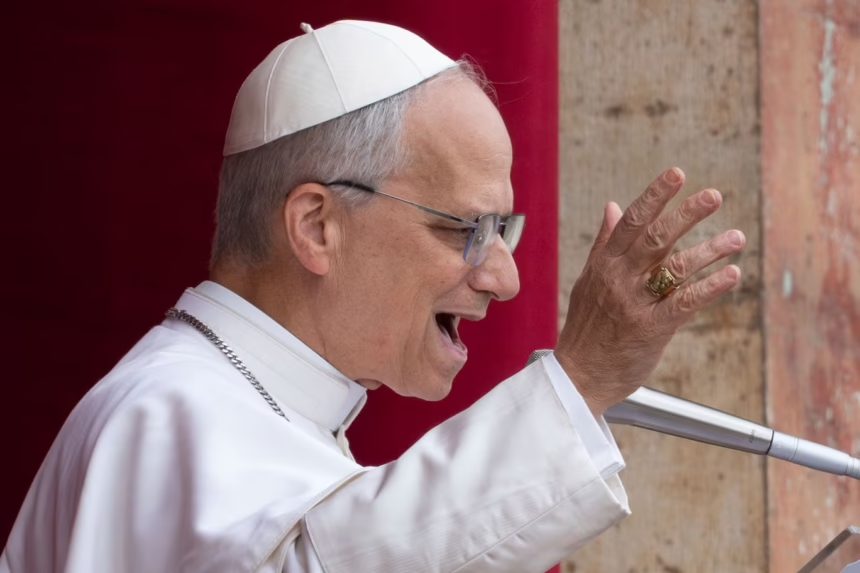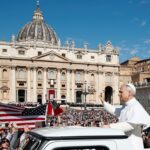Pope Leo’s marriage doctrine and abortion’s stance among other key social issues that are dividing opinions in the Catholic Church and the world at large are beginning to emerge ahead of his inauguration slated for Sunday.
American-born Pope Leo XIV, in his first address to the Vatican diplomatic corps Friday, made it clear that the Catholic Church’s teachings on marriage and the sanctity of life will remain unchanged under his leadership.
Standing before Ambassadors from nearly 200 countries, he stated, “The family is founded on the stable union between a man and a woman” and reaffirmed that “every unborn child and every elderly person possesses inherent dignity as a creation of God.”
Pope Leo’s marriage doctrine and pro-life stance were emphatically confirmed as he underscored that “life at all stages must be protected” as per Vatican news.
Leo’s remarks mark his first formal articulation of doctrine since succeeding Pope Francis earlier this month.
He told diplomats, “The Church will continue to stand firm against any attempt to redefine marriage or to diminish the value of human life.” He also noted that “interfaith dialogue and cooperation among world powers are vital in our shared pursuit of peace.”
While these statements echo centuries of Catholic teaching, they also draw a line between Leo’s papacy and that of his immediate predecessor.
Recall Pope Francis led the Church from 2013 to 2025, subtly giving his nod on some controversial social issues including blessing gay couples. Francis famously asked, “Who am I to judge?” in reference to LGBT individuals seeking acceptance, and he repeatedly called the Church a “field hospital” for the wounded.
In contrast, it seems Leo has adopted a more formal and doctrinal approach.
Before his election, Cardinal Robert Prevost—now Pope Leo XIV—had overseen reforms under Francis by appointing women to the Vatican board that evaluates bishop nominations, according to Catholic Herald. Yet Leo clarified that “while I greatly value the wisdom women bring to our councils, ordination remains reserved for men,” affirming longstanding Church practice.
Maria Lia Zervino, one of the women appointed by Francis to the Dicastery for Bishops, praised Leo’s leadership: “He listens to us, values our opinions, and treats us as equals in consultation,” she reportedly said.
Francis frequently pushed for a “culture of encounter,” urging the Church to engage with modern society on issues like climate action, economic justice, and refugees. While Leo acknowledged these concerns, he chose to emphasize doctrinal clarity in his diplomatic address.
Following the public revelation of Pope Leo’s marriage doctrine and abortion stance as he prepares for his first Sunday Mass, on May 18, observers noted that his emphasis on peace and tradition signals both continuity and change. Many bookmakers are still projecting him to either be a moderate Pope or simply embrace core conservative doctrines of the Catholic church.
“May the bonds of faith and family guide our world toward harmony,” Pope Leo concluded his address as Catholics and world leaders alike continue to watch how Leo balances unwavering adherence to traditional teachings with the pastoral outreach that defined Francis’s tenure.
..With News Wires





